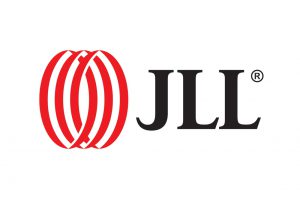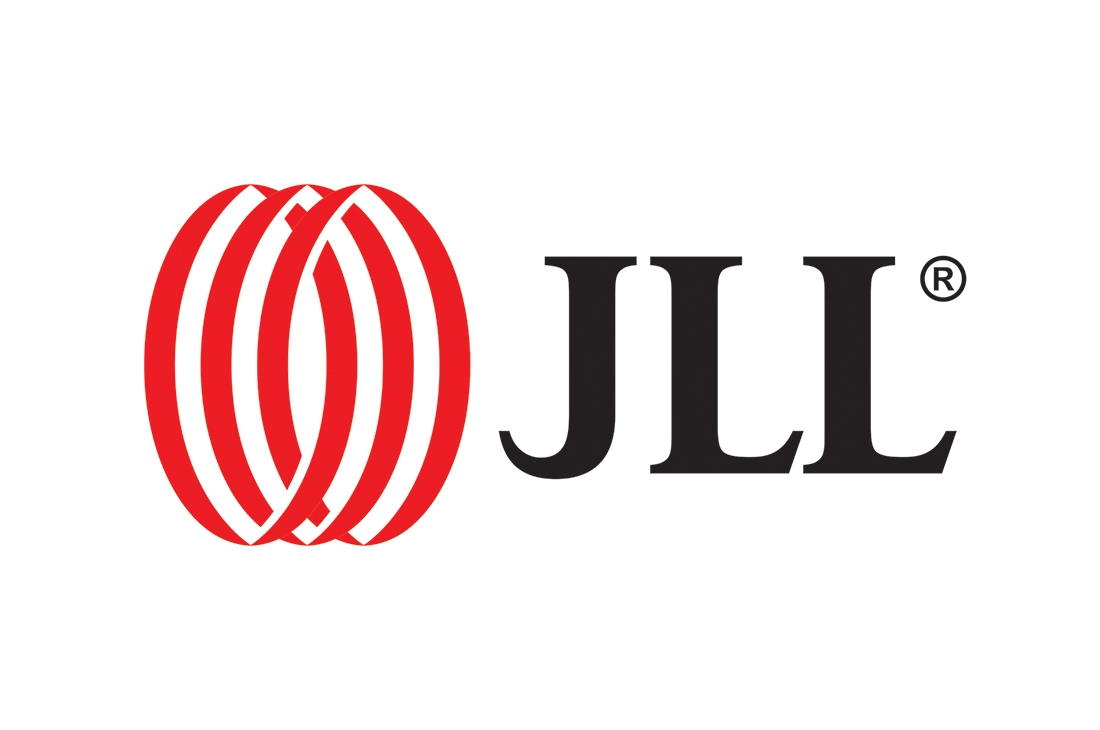BANGKOK, 1 July 2020: Thailand’s hotel industry is now entering a recovery phase following the country’s decision to issue a partial easing of lockdown measures, including inter-provincial travel restrictions.
According to JLL’s Hotels Recovery Guide, occupancy in both Bangkok and Phuket will likely bottom out soon with an expected surge in domestic tourism, the reintroduction of domestic flights and the anticipated opening of international borders in the coming months, to influence the pace of recovery.

The country’s tourism and hotels sector has been significantly impacted since the first reported case of Covid-19 in Thailand on 13 January 2020. With the country introducing a government-directed lockdown and placing strict limitations on domestic and international mobility, revenue per available room (RevPAR) trended downward during the first four months of 2020, led by declines in occupancy.
However, optimism of a gradual recovery remains high for both markets, given strong domestic and global brand recognition and a mature hospitality sector well-prepared to align with stringent health and safety guidelines introduced by The Tourism Authority of Thailand’s “Amazing Thailand Safety and Health Administration (SHA) programme.
“With both government and bank support, we’re optimistic a market like Bangkok, with its well-balanced offering to business and leisure demand, will be amongst the first hotel sectors regionally to display meaningful recovery. Phuket will take longer as it relies more on international and leisure demand,” says JLL Hotels & Hospitality Group executive vice president investment sales the Asia Pacific, Chakkrit Chakrabandhu Na Ayudhya.
The maturity of Thailand’s hotel space, as well as bank and government support so far, have helped the industry alleviate the full impact of Covid-19, despite wide-spread issues with cash flows and fixed operational overheads. JLL expects fewer distressed asset sales in Bangkok compared to other markets in Thailand due to robust balance sheets held by many owners. Investors have been looking for opportunities in Thailand, with greater interest expected initially from developers and private equity firms who tend to be less risk-averse as the recovery gains momentum.
According to JLL’s Hotels & Hospitality, operators and investors in Thailand’s hotel industry should also consider several factors to optimise recovery
Strategy takeaways
Critically evaluate hotel positioning and segmentation mix in light of extensive current supply and future pipeline.
Calculate breakeven occupancy and factor in gradual demand ramp up, taking into consideration potential travel bubbles being considered by the Thai government.
Focus on brand, operating and distribution partners when setting out a differentiating strategy to the local market, whilst following the opening of borders carefully.
Take advantage of the government’s domestic tourism promotion to help restart operations and build local customer loyalty; launch staycation packages to take advantage of pent up domestic demand
Look for every opportunity to get guests ready for post-Covid-19 travel, embrace the restrictions and set up health and safety protocols for the reopening.
JLL is the brand name, and a registered trademark, of Jones Lang LaSalle Incorporated.







